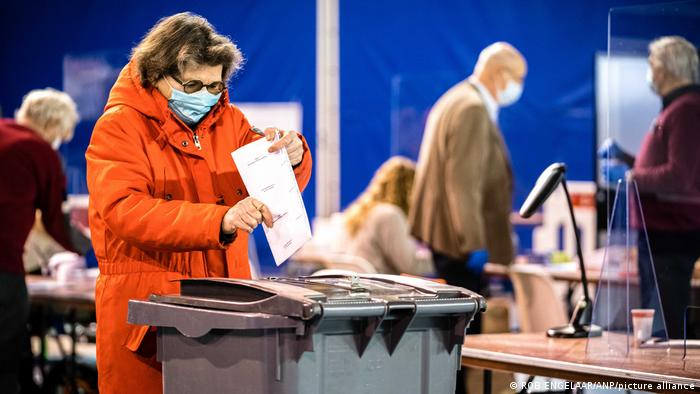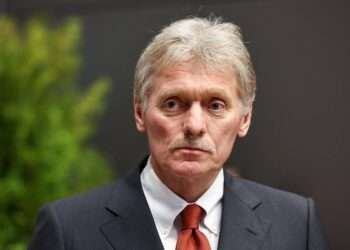Mark Rutte has claimed an “overwhelming” victory in Netherland’s national elections to secure a fourth term as Prime Minister. He has vowed to use the fourth term in office to rebuild the country after the coronavirus pandemic.
According to officials, Rutte’s VVD party won 35 of the Dutch parliament’s 150 seats, two more than the previous election.
Speaking to reporters in Parliament, Rutte posited that, “The voters, have given my party an overwhelming vote of confidence.”
He acknowledged that “not everything has gone well in the last 10 years. But of course, the main issue also on the table for the next years is how to rebuild the country going forward after corona. I have the energy for another 10 years.”
Sophie Hermans, vice-chair of the party’s parliamentary group also expressed delight that the party has succeeded once again.
“The Netherlands has expressed confidence in the VVD, in Mark Rutte, in this unprecedented crisis. We succeeded, for the fourth time in a row. I’m very proud.”
Sophie Hermans
The victory comes despite the resignation of the country’s entire government headed by Mark Rutte, over a childcare subsidies scandal in January.
Election Outcome
The progressive, pro-European D66 party, a member of Rutte’s outgoing coalition led by Foreign Minister, Sigrid Kaag, finished second with 27 seats. This translates into eight new seats for the part and represents its best-ever result.

Meanwhile, Geert Wilders’ anti-Islam Freedom party (PVV) lost three seats compared with the 2017 election. This translates into a third-place finish, equal with another of Rutte’s coalition partners, the Christian Democrats (CDA), on 14 seats.
The Dutch Labour party (PvdA) also finished unchanged on nine seats. Whiles the GreenLeft and the Socialist party, both lost almost half their seats to finish with eight each.
The far-right Forum for Democracy (FvD) won eight seats whiles the Party for the Animals won six.
Finally, the newcomer, the pro- and pan-European Volt party, secured its first-ever parliamentary seats with four. According to officials, total turnout was 81%.
Formation of a coalition mark rutte
The Dutch parliament, made up of 150 seats, usually requires a coalition to form a majority of 76 MPs. The strong performance of D66 suggests Rutte, who has headed three coalition governments of varying hues since 2010, would need at least two other parties to form a coalition.
However, experts say the shape of any future government is still up in the air as forming coalitions can take months. Negotiations for the last coalition in 2017 lasted a record 208 days.

Rutte has already ruled out a coalition with PVV’s Wilders and with the far-right Forum for Democracy leader, Thierry Baudet. He, however, intimated that Finance Minister, Wopke Hoekstra’s CDA party would be a “natural partner” again.
Commenting on the issue, Pepijn Bergsen, a Chatham House researcher told reporters that he expects a “continuation of the current government”.
“The obvious next Dutch coalition on the basis of this result would be centre-right VVD-D66-CDA – basically a continuation of the current government.”
Read Also: We have to stop the freebies- Lord Mensah





















